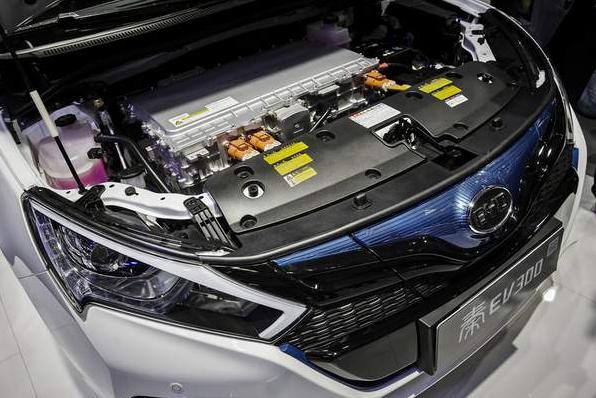According to foreign media reports, although buyers in China and other regions still prefer diesel locomotives, China’s electric vehicle policy has created favorable market opportunities for Chinese auto companies such as BYD and BAIC, as well as foreign automakers such as BMW and Tesla. According to a report from Bloomberg New Energy Finance, in 2017, China's domestic electric vehicle sales volume was 579,000 units. The sales of electric vehicles in the six cities with fuel-car restrictions (gasoline-car restrictions) accounted for 40% of the total, accounting for a global share. 21% of electric vehicle sales. The sales growth of electric vehicles in Beijing, Shanghai, Shenzhen, Tianjin, Hangzhou, and Guangzhou is 2-4 times higher than the average increase in China's domestic market. Compared with the government and car sharing companies, the proportion of individual users buying cars is higher than elsewhere. In China, applying for license plates for gasoline vehicles often takes several years and requires a high price for snapping licenses. The probability is as good as winning a lottery ticket. For a large city like Shanghai, in the monthly license plate auction, its price is even higher. Up to 14,000 US dollars. If you buy an electric car, you get a license plate number for free, and you get a lot faster. According to the China Association of Automobile Manufacturers, China’s electric vehicle sales last year accounted for only 2% of China’s passenger vehicle sales. According to Bloomberg New Energy Finance (BNEF), electric vehicle sales accounted for less than 1% of global sales of passenger cars. In the future, more cities will adopt fuel vehicle restrictions and China will actively respond to air pollution and high-speed congestion. Hainan Island said that this month will restrict the registration of gasoline vehicles, and cities such as Nanjing, Foshan, Chengdu and Xi'an will adopt similar measures. China is committed to determining a timetable for the ban on the sale of diesel locomotives. It is expected that by 2025, pure electric vehicles, plug-in hybrid vehicles and fuel cell vehicles will account for 20% of new vehicle sales. Since 1994, Shanghai has adopted a license plate auction mechanism designed to control traffic congestion in big cities. Last year, the number of residents in the city was 24.2 million and the number of vehicles owned was 3.59 million. Many small cities in China are also trying to promote electric vehicles. Liuzhou, Guangxi Province, allows electric vehicles to drive in the passenger lanes and gives priority to parking spaces for electric vehicle owners. (This article is taken from journalgazette.net)
Silicone label:
The smart business man is special design their brand labl on products.Why? Because when we are interesting in something,such as a bag,a clothing,a jewelry ect,we always subconsciously think of what brand is this made of.They are using the general psycholofical characteristics of the masses to get brand publicity.
10.Silicone label photo's for reference.
Silicone Label,Silicone Brand Label,3D Silicone Label,Silicone Sticker,Custom Pin Badge,Silicone Badge Dongguan OK Silicone Gift Co., Ltd. , https://www.dgsiliconekitchenware.com
Silicone label introduction:
1.Product name:Silicone label,silicone brand label,3d silicone label,silicone sticker,custom pin badge,silicone badge
2.Place of origin:Guangdong China
3.Color:any pantone color
4.Logo:Printing,debossed,embossed
5.MOQ:500pcs.
6.Package:1 pcs/opp,customized design is available.
7.Design:Customized/stock
8.Certification:FDA,LFGB,SGS,ROHS,etc.
9.Usage:For brand/Clothing/Bag/Decoration And more

China's license plate auctions and policy subsidies create a good environment for the promotion of electric vehicles
According to foreign media reports, although the buyers in China and other regions still prefer diesel locomotives, China’s electric vehicle policy has been created by Chinese auto companies such as BYD and BAIC, as well as foreign automakers such as BMW and Tesla. A good market opportunity. According to a report from Bloomberg New Energy Finance, China's domestic electric vehicle sales volume was 579,000 units in 2017, and the sales of electric vehicles in the six cities with fuel vehicle restrictions accounted for 40%, accounting for 21% of the world's electric vehicle sales. . China is committed to determining a timetable for the ban on the sale of diesel locomotives. It is expected that by 2025, pure electric vehicles, plug-in hybrid vehicles and fuel cell vehicles will account for 20% of new vehicle sales. See the text for details.